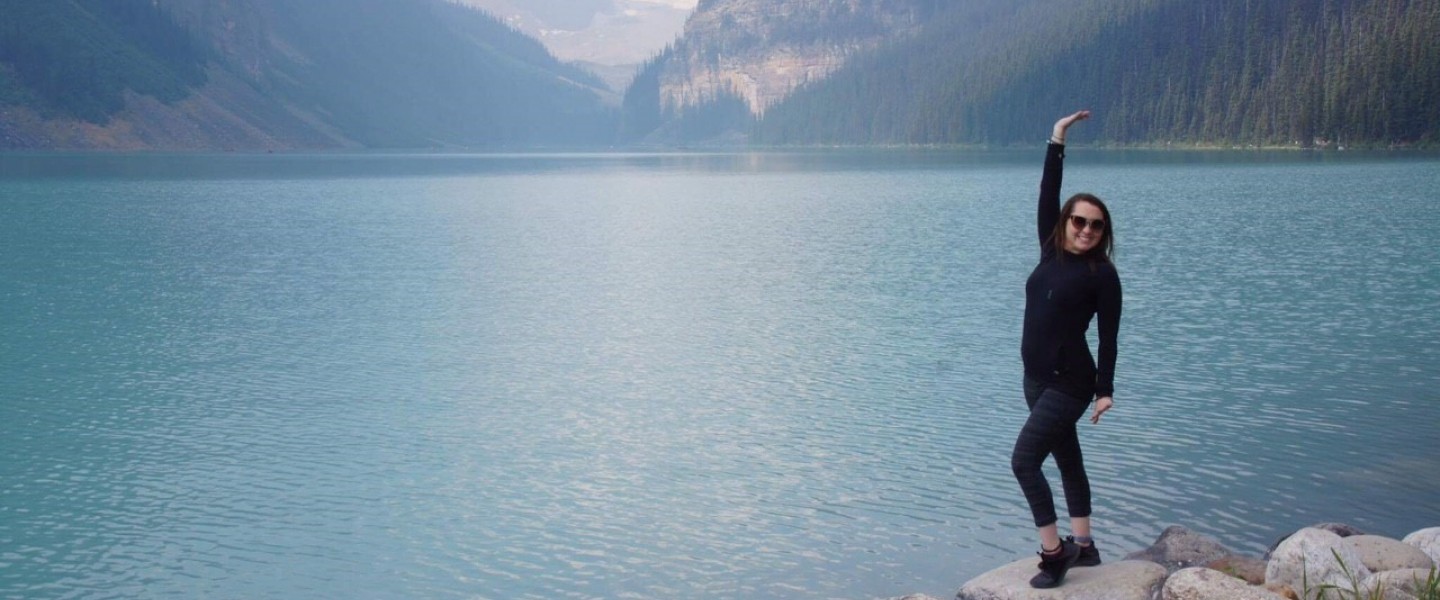
Many Kiwis, both young and old, love to travel overseas to explore and learn more about the world. Having cystic fibrosis shouldn’t limit your dream of overseas travel, but there are a few more challenges and it often takes a bit more planning.
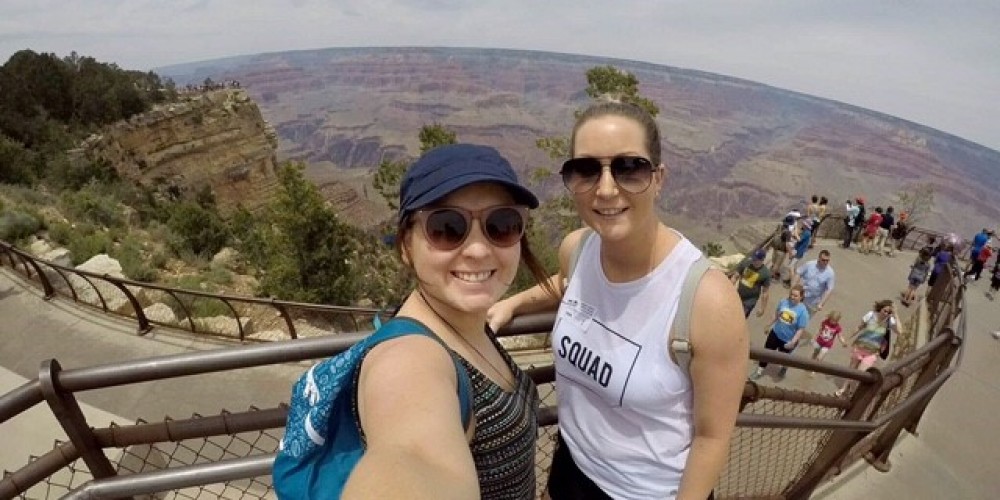
If you’re thinking about travelling outside of New Zealand, talk with your clinical team well in advance of when you’d like to travel. They can offer advice, talk through some of the challenges and help with any paperwork such as a doctors’ letter.
Contact a fieldworkerDeciding which part of the world you’d like to explore is exciting, but there are some destinations and climates that have a higher risk of infections for people with CF, such as warmer climates in South East Asia and other tropical countries. Melioidosis is a potentially life-threatening infection caused by Burkholderia pseudomallei that's found in hot climates – the UK Trust has an informative guide if you'd like to know more.
Hot environments can also cause you to sweat more and become dehydrated faster, but your CF team can suggest ways to manage this while you're abroad.
We recommend visiting the Cystic Fibrosis Foundation section on travelling with CF as it has a wide range of resources, including blog posts from people with CF who’ve spent time travelling abroad.
Although aeroplane cabins are pressurised to compensate for high altitude, the oxygen concentration is lower than at ground level. Talk to your CF team to see if they think this will be an issue for you and if they think you’ll benefit from taking oxygen with you.
If you do need oxygen, your CF team can help with organising what you need, including paperwork and any pre-approvals required by the airline you’re travelling with. All airlines have different policies, so check with the airline well before you travel. You can usually find a lot of information on their website or you can call and speak with someone to find out what you need.
Think about what type of accommodation you’ll be staying in and if the facilities they have, such as electricity or a fridge, are available if you need it. Depending on where you’re travelling to, clean drinking water may not be available, though you’ll usually be able to buy safe drinking water.
Shared accommodation such as hostels means sharing your space with lots of other people so consider what accommodation is best for your health and if it's somewhere you can do your treatments comfortably.
Plan to take all your medications with you as they may not be available, or in the same form, where you're travelling to. Take a letter from your doctor listing all your medications and equipment you'll need and keep all medications in their original packaging as this helps you to clear customs. Also check whether you require a medical certificate. It's also a good idea to take your medications in your carry on luggage not checked baggage.
It's a good idea to contact overseas CF organisations to ask about CF healthcare before you go.
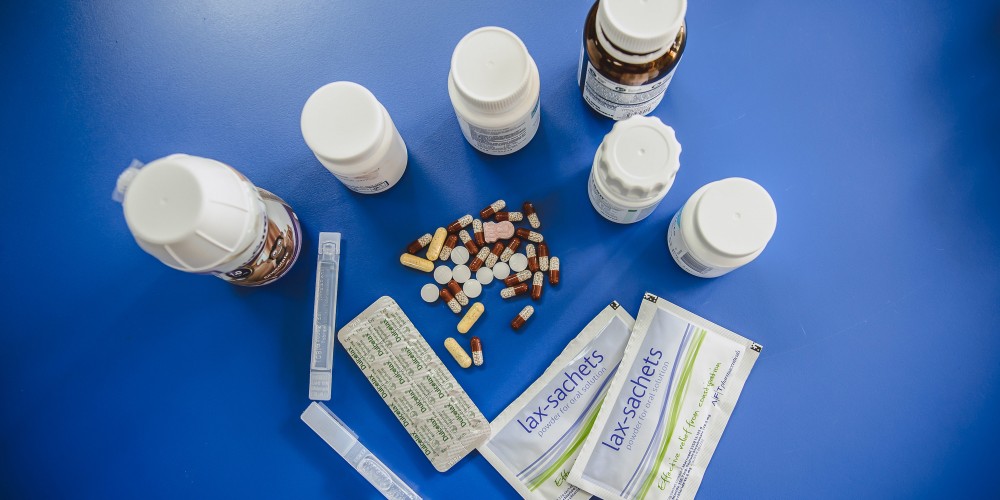
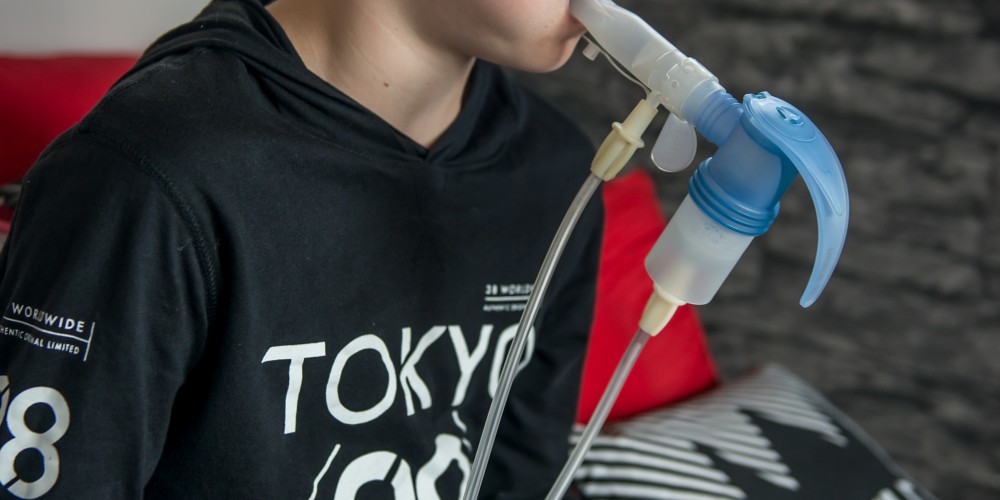
Make a list of all the equipment you’ll need while you’re travelling, such as nebulisers, cleaning equipment, oxygen concentrators, power supplies and battery packs and pack the right adaptors for the country you’ll be travelling to. Talk with your CF team about using a nebuliser or oxygen concentrator with the right pump voltage as the voltage can differ between countries.
Obtaining travel insurance can be more challenging as most insurance companies won't cover cystic fibrosis complications because they’re considered a pre-existing condition. Some people in New Zealand have had success getting travel insurance through an insurance broker. Sandra at Health and Travel is a good person to contact, you can email her at sandra@healthandtravel.co.nz.
And remember, it’s not just travel insurance you need to think about – you’ll also need cover for lost luggage, travel disruptions and other unforeseen incidents that can spoil a trip!
Continue to follow the recommended guidelines for infection prevention and control for people with CF, including washing your hands with warm soapy water or using an alcohol-based sanitisier if soap isn't available. Some people with CF like to wear a mask during flights and wipe down the tray table and in-flight entertainment controls before use.
Be extra careful of potential germs while using bathrooms as the water in some countries isn't safe to drink or brush your teeth with. Unhygienic food and water can also be dangerous so be cautious about where you eat and be aware that fresh fruit and vegetables could have been washed in contaminated water.
For regional and country specific information, visit the SafeTravel website.
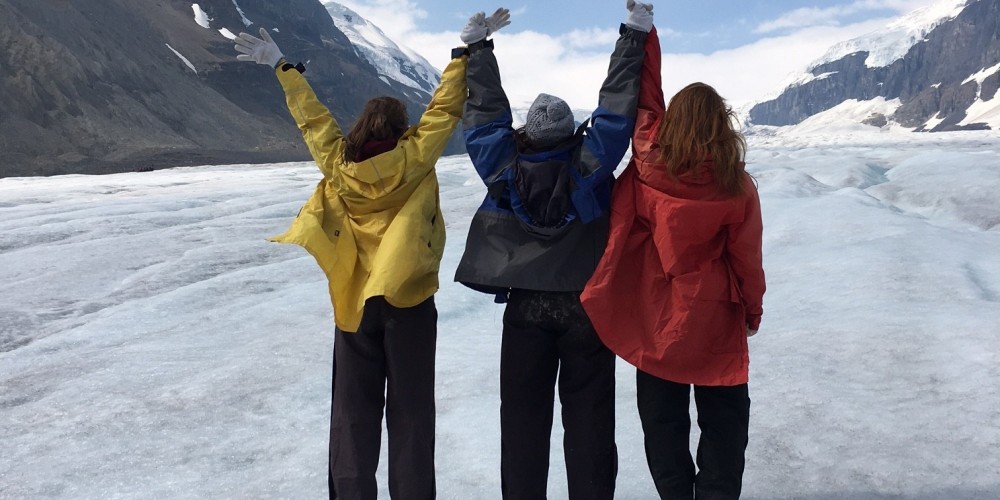
It's a good idea to discuss your travel plans with your CF field worker. They can give you practical tips and ideas to help keep you healthy while you're travelling or on holiday.
For updated travel advice visit the New Zealand SafeTravel website and the Centers for Disease Control and Prevention website. These websites aren't specifically for PWCF but offer general safe travelling advice and the latest updates about vaccinations and regional diseases.